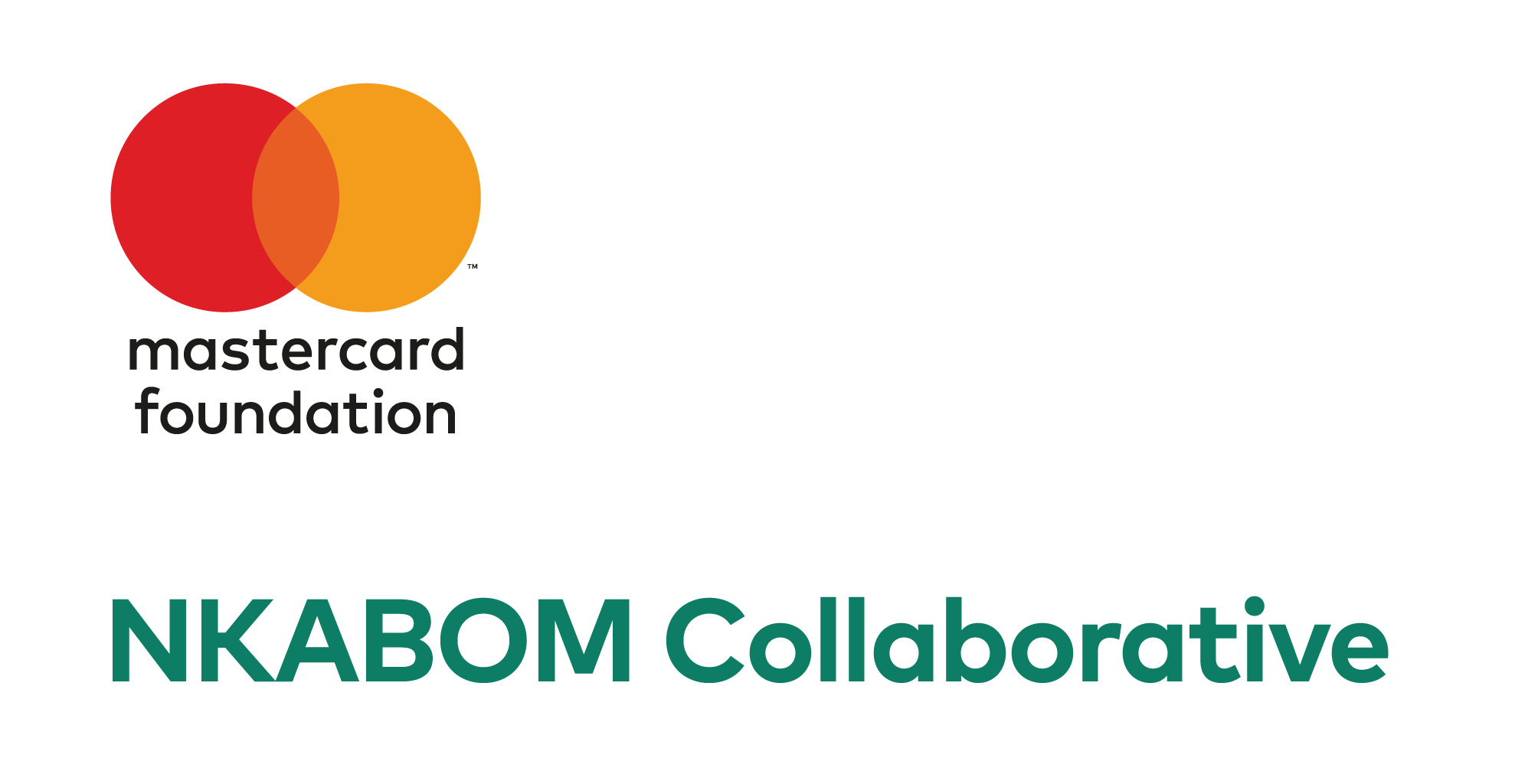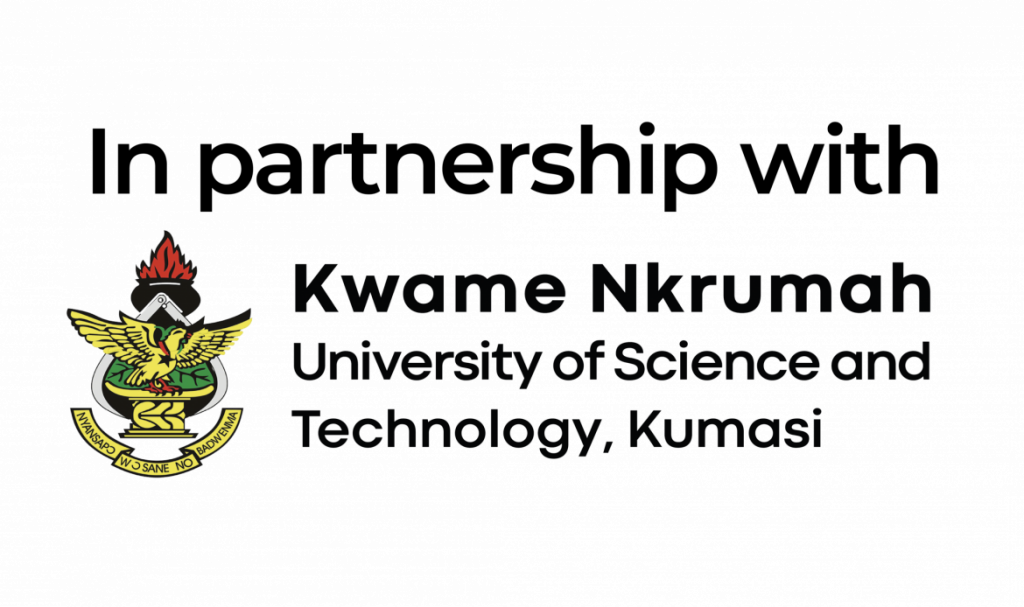Our Project | Courses
At Nkabom, KNUST, we are dedicated to bridging the gap between education and employment in the nutrition and agri-food ecosystem by equipping youth with the skills, knowledge, and mindset necessary for success.
Application Process
Follow our streamlined application process to join our agricultural community.
Application Submission
Timeline: 3 months before deadline
Complete and submit your online application with required documents
Requirements:
- ✅ Completed application form
- ✅ Academic transcripts
- ✅ Personal statement
- ✅ References
Document Review
Timeline: 4–6 weeks
Our admissions committee reviews your application and supporting materials
Requirements:
- ✅ Academic performance evaluation
- ✅ Statement review
- ✅ Reference verification
Interview Process
Timeline: 2–3 weeks
Selected candidates participate in interviews (in-person or virtual)
Requirements:
- ✅ Scheduled interview
- ✅ Portfolio presentation
- ✅ Technical assessment
Admission Decision
Timeline: 1–2 weeks
Receive your admission decision and enrollment information
Requirements:
- ✅ Decision notification
- ✅ Enrollment package
- ✅ Financial aid information
Apply to Our Programs
Choose from our comprehensive range of agricultural programs and postgraduate degrees.
We offer flexible, tailored short courses designed for a diverse audience. These micro-credential programs provide practical, hands-on knowledge in critical areas such as:
- Food Hygiene and Sanitation
- Climate Smart Agriculture
- Business Plan Development
- Tertiary Entrepreneurship Training
- Tutors of Trainers
- Aqua Culture and Aqua Ponics
- Post harvest and Value Addition
- Data Management
- Agri-Food Value Chain Analysis
These courses aim to meet the needs of students, professionals, and community members, enabling rapid upskilling and workforce development.
This unique program combines classroom learning, experiential training, and mentorship. It includes:
- Three-month classroom training in Green house vegetable production, General Agribusiness management principles, Animal Husbandry (Poultry production), Micro-Livestock Production and Tree crop Seedlings production and Nursery Management (cocoa, cashew, mango coconut & oil palm seedlings production).
- Six-month experiential learning at a dedicated MIP facility.
- Three-month mentorship and internships with food system institutions or agribusinesses.
This program is designed for 200 beneficiaries and aims to produce industry-ready professionals equipped for the real-world demands of the agri-food sector.
We support the development and enhancement of formal academic pathways, including:
PhD research programs, which provide opportunities for in-depth study and contribution to academic and policy discourse in nutrition and sustainable agriculture. Our PhD programs are as follows:
- Sustainable Food Systems
- Nutrition and Nutrigenomics
- Nutrition-Sensitive Agriculture
- Packaging Science
- Entrepreneurship
- Tertiary Entrepreneurship Training (TET)
This program targets 400 university students and integrates entrepreneurship into academic learning. It aims to foster innovative thinking and practical business development skills among students in agri-food system disciplines.
This initiative equips 150 facilitators from agricultural colleges and nutrition-related institutions to deliver entrepreneurship training, multiplying the impact of our programs.
Tailored for 300 unemployed youth, this program delivers grassroots-level training in business development within the food system sector, offering a practical path toward self-employment and sustainability.
Delivered in a blended virtual format, this training serves 200 students from partner universities, providing them with access to high-quality entrepreneurship content in food systems.
Targeting 75 micro, small, and medium enterprise owner-managers, this course focuses on business growth, financial management, and innovation in food systems.
This one-month intensive course prepares early-stage startups for the market, offering structured training, mentorship, and business model development.
- Seed funding (USD 10,000) for 90 successful participants
- Day-care support for single parents and breastfeeding mothers
- Financial management workshops
- Transition support funds
- Alumni tracking and networking opportunities

